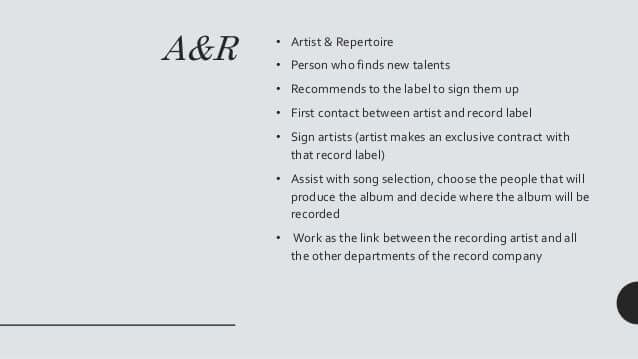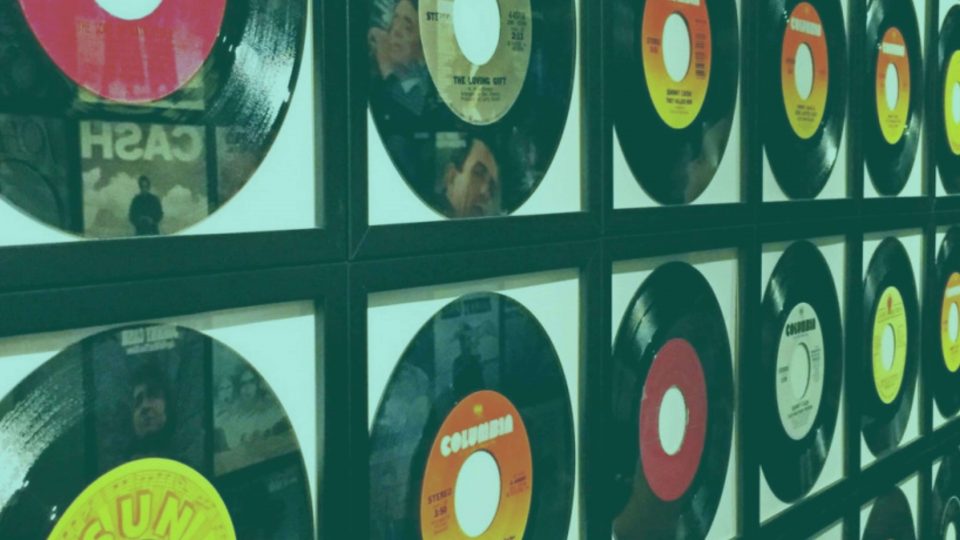What Do Record Labels Do For Artists?
In the age of digital, DIY music distribution and streaming have really altered how a record label and an artist may interact with one another.
Before you rush ahead and look to get a record deal, you should understand what record labels can do for artists today. Better yet, you should know how you can make it on your own without a record label.
You can launch your own music career if:
- The music you make is good.
- Your social media game is strong.
- You’re networking with muscians and other parties.
Technically, a record label is no longer necessary for artists.
If a record label offers you a record deal then you’ve done the hardest bit: getting noticed! There’s not much beyond access to global distribution networks and professional music studios that record labels can do for artists. Well, that an artist can’t do for themselves anyway.
Getting signed to a record label usually means you’ve already done the major legwork. In truth, you can do pretty much everything for yourself that a record label can do for artists. In other words, you don’t need a record deal to make it to the big leagues anymore.
Access to global distribution networks is probably the biggest benefit that a record label can give an artist. But Russel James Vitale, AKA Russ, is an artist who rose in fame (and financial earnings) while living with his parents. In 2018 he was making $15 million a year and had full leverage over his music by owning the rights to his masters.
That’s all well and good, and if you can “make it” as Russ has then our hat is truly off to you. But there are still things that a record label can do for artists that are very hard to do solo.
The departments within a record label are still the leads of central elements within the music industry.
What Record Labels and Their Departments Do For Artists
There are a handful of key departments within a record label that keep them relevant. Let’s face it; if artists can make it big on their own now then record labels need to be good at what they do to stay at the top of the industry.
What Does A Record Label A&R Department Do?
A record label A&R scout (artists and repertoire) is the person who actively looks for new talent. These are the people who show up to your gigs, ask about you and speak with you on the night.
A&R departments in a record label make use of both resources such as social media and word of mouth to find new artists to offer record deals to. Although word of mouth is used much less than scouting via the internet these days. Social media is much louder!
Even if you are finding success as an independent artist, you still won’t have the financial backing that a large record label can give you. Record labels invest in your music career and pay for the best producers, sound engineers, and studios to make your music the very best that people can buy.
An A&R department doesn’t just scout for new talent. They invest time and resources into finding said studios for you to use, they work as a link between you and the label
How Does an Advance From a Record Label Work?
We covered what record labels advances are about in our previous article about the role of record labels in the wider music industry.
It’s pretty well known that record labels, especially the major record labels, take control over the music an artist can produce. How does this happen?

This happens more or less because a record label offers you, an artist they want to sign, an advance. An advance is a sum of money that the label loans you so you don’t need to work to survive – and this frees you up to write, produce, and finish an album or single.
Because they’ve given you the money, they get it back by deducting it from the total album revenue. And, because they’ve given you the time to make the music, they often dictate what your album should sound like and what lyrics you can use. Essentially, they give you a blueprint to follow if you want to get paid.
I can feel you cringing. “My music is my music” you may be thinking to yourself. That may be true but think about a record label advance as a return on investment. If you pay me $400 to paint your wall and instead I paint your garden fence, how would you feel?
Marketing, Promotion and Distribution
Being signed to one of the three major labels or one of their sub-labels has one major perc that, in our opinion, outweighs all others: direct access to their expansive global distribution networks.
A major-label distribution network can get your music in front of millions of fans and other potential fans in a matter of days or even hours. Major labels own their own distribution networks so each release you have under a major or one of their sub-labels will have an equal opportunity of blowing up.
This means that a record label can provide you with a dramatic amount of exposure on the international stage. Record labels can provide funding for top publicists, they have connections with influential broadcasters and media operatives, as well as connections with specialist advertising and PR firms.
Not only can they get you in front of TV cameras and on radio shows, record labels often get priority slots in popular and influential playlists on streaming services.
To make good music you have to start with good quality sounds. You’ll find that the Mixxed sample library has every sound that you need to make good quality music!
The sampling revolution has risen in popularity and shaped music since the early 1970s. Sample culture continues to transform how millions of artists and producers do their thing in DAWs.
You too can break conventional norms, challenge the status quo, and open Pandora’s box of sound design.
Mixxed works with a growing number of sample labels and contributors to provide you with an affordable sample subscription service that’s more accessible than any before.
You’ll have access to our growing catalogue of loops, one-shots and sound effects that you can browse, download and keep forever for less than $3 a month.
Sign up today to find your sound!
